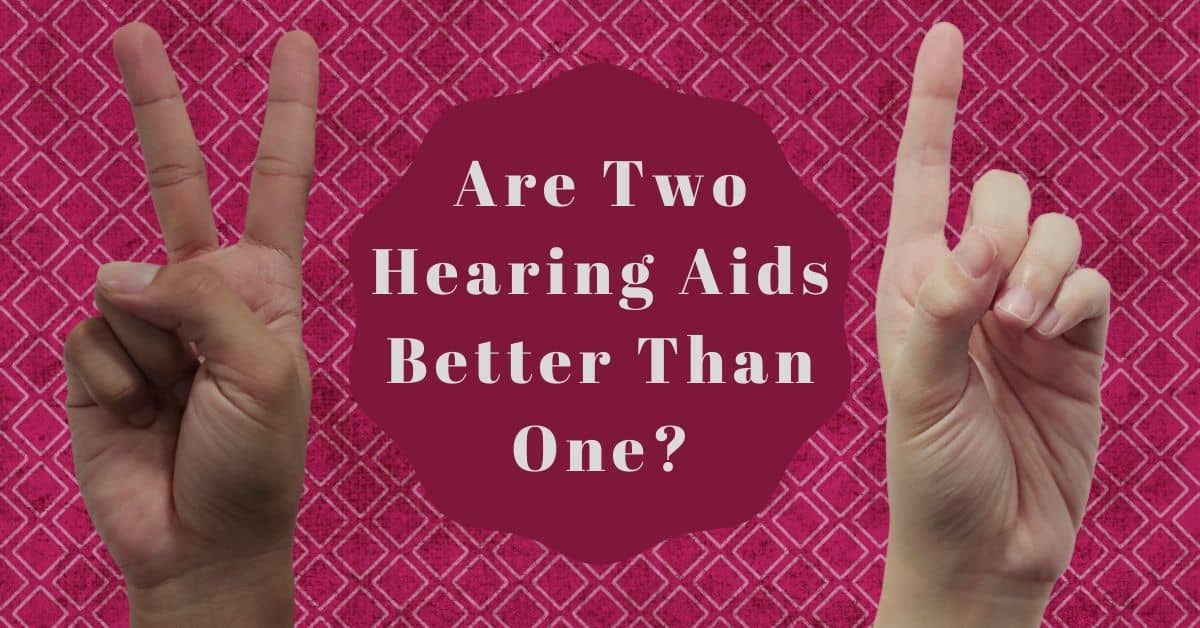- Why You Shouldn’t Do Anything With Your Earwax - April 22, 2024
- Travel Tips for People with Cochlear Implants - April 7, 2024
- How To Have A Great Conversation With People With Hearing Loss - March 22, 2024
Hearing loss is a common problem among old adults. This condition can also affect anyone at any age. Numerous solutions can be applied to solve this condition. Hearing aids are an effective solution to hearing loss. It’s crucial if you learn more about the causes, symptoms, treatments, tests, and prevention of this depressing condition.
Hearing loss has plenty of far-reaching implications. If left untreated, it can negatively impact your health, personal, social, and work life. Individuals with hearing impairment experience higher rates of depression, cognitive decline, and social isolation.
Medically, persons with this condition are prone to high medical costs for other health issues. Also, they are at risk of falls and trips. Ear impairment can lead to unemployment and low earnings. It’s advisable to seek treatment before the problem turns depressing.
You should confront the challenge once and for all. However, the treatment process is met with several questions. The most frequent misunderstanding is whether or not two hearing aids are useful than one. Let’s find out.
One hearing aid versus two
Two hearing aids are effective if you have hearing loss in both ears. In such a situation, you will hear effectively with two hearing aids compared to one. Your audiologist will schedule programs where you will be administered with the two hearing aids separately. This is critical to match the accurate levels of amplification that you require in each ear.
For years, hearing science has backed up the commonsense idea of having the two hearing aids. Two hearing aids are better than one. There are a few convincing reasons that will guide and assist you in equipping yourself with a pair of hearing aids. They include:
They adequately stimulate the brain
One of the most efficient ways of maintaining the body healthy and working correctly is getting regular exercise. Two hearing aids play a similar role. They ensure the brain is active and entirely stimulated to process sounds. When muscles are not exercised, they weaken and atrophy over time.
They don’t risk auditory deprivation
Anatomically ears are not muscles. However, if they are deprived of sound, it can make the auditory nerve pathways and all the involved centers inside the brain to be less effective. They need to be actively encoding the sound around you.
This means that both ears should have hearing aids. Comprehending speech, specifically in the presence of noise, gets more challenging even when the sound is loud enough for you to hear. According to healthcare audiologists, this is referred to as auditory deprivation.
Having two hearing aids ensures both ears pick up sound and the stimulus the brain requires to remain at peak performance. Research indicates that patients that wear one hearing aid experience a decline in speech recognition compared to those that wear both hearing aids.
Quality sound
Among the reasons for acquiring hearing aids apart from having hearing problems is to receive clear sounds. Sounds that are not clear will mean difficulties comprehending what others are communicating. This is even more challenging when in the background, there are competing sounds.
Wearing two aids makes the sound conveyed clear. This makes it possible to understand what your family, friends, and workmates are saying. There is much improvement in clarity and sound quality when wearing two hearing aids.
With two hearing aids, you don’t have to set the amplification high.
Two hearing aids are enough to provide binaural summation. This is when the listener perceives a high volume of sound when both ears are conveyed with a stimulus at once compared to receiving the stimulus in one ear. This phenomenon is beneficial and is associated with the ability to distinguish frequencies. Additionally, the listener can understand speech effortlessly even when in a noisy environment.
You can quickly locate the source of the sound
Sound localization or understanding where a sound is coming from is the ability that healthy people take for granted. From the time of birth, we have found ourselves automatically turning our heads to the accurate direction of where our mother’s voice is coming from. This is a skill that develops as we grow. Finding the source of sound is beneficial in everyday life. It’s a crucial safety consideration.
Two ears work as a unit to make sound localization effortless. Persons with single-sided deafness have difficulty in sound localization. Wearing two hearing aids is a requirement to improve sound localization.

